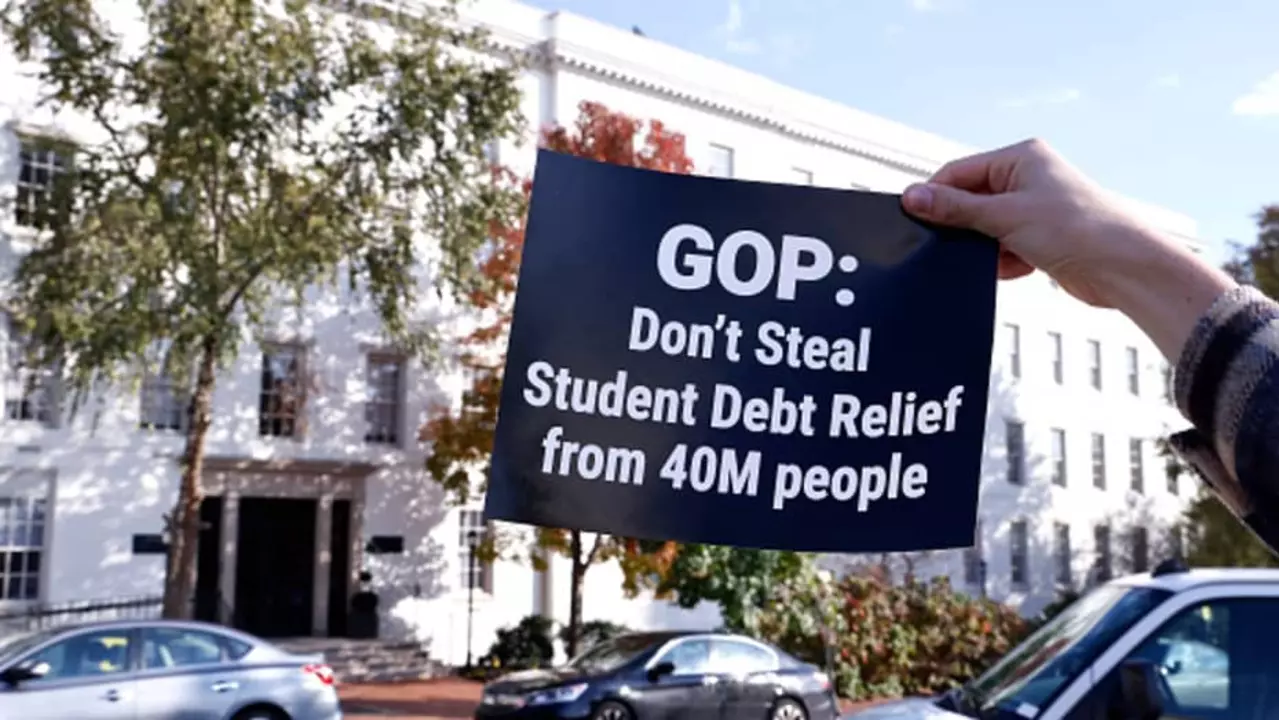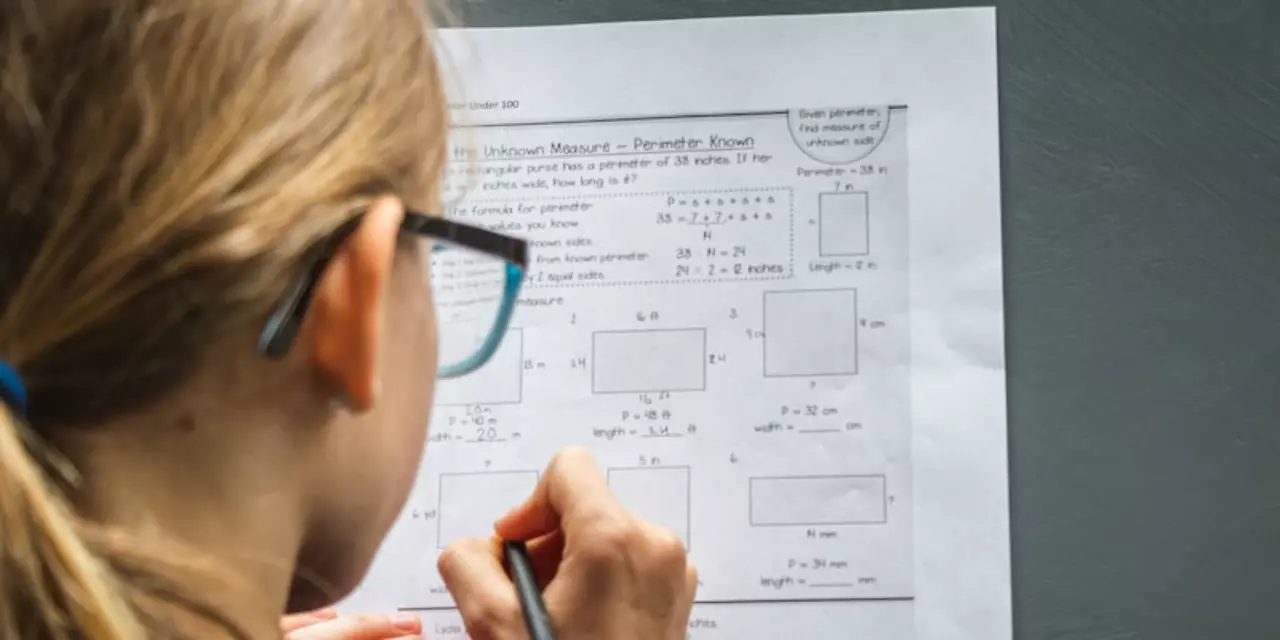Rapid Essay Tutor - Page 2

Can a bank deny a student education loan?
Banks can deny a student education loan for a variety of reasons, including not meeting minimum eligibility criteria, a poor credit history, or an insufficient income. Students may also be denied for having too many outstanding loans or for not providing sufficient documentation. Taking the necessary steps to ensure that all requirements are met can help to minimize the risk of denial. Knowing what’s needed and being prepared can help students get the loan they need to fund their education.

Why don't public schools pay for a teacher's education?
This article examines the lack of funding for teacher education in public schools. It argues that inadequate funding is a major obstacle to ensuring that public schools have well-trained teachers. It explains that the cost of tuition, books and fees for teacher education programs are often too much for public school systems to bear. It also outlines the potential long-term impacts of not adequately funding teachers’ education, including classroom overcrowding, lower teacher pay and lack of resources. Finally, it suggests that policy makers should consider increasing or creating additional funding sources to support teacher education in public schools.
Is a public education or private education better to have?
Public and private education both offer advantages and disadvantages for students depending on their needs. Public education is typically free and open to all, but often suffers from overcrowding and a lack of resources. Private education is often more expensive, but can offer more individual attention, small class sizes and more resources. Ultimately, the decision between public and private education depends on the student's needs and the family's financial situation. It is important to research and weigh the pros and cons of each type of school before making a decision.